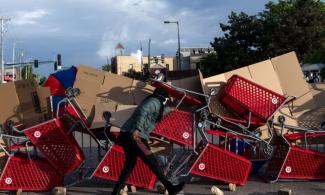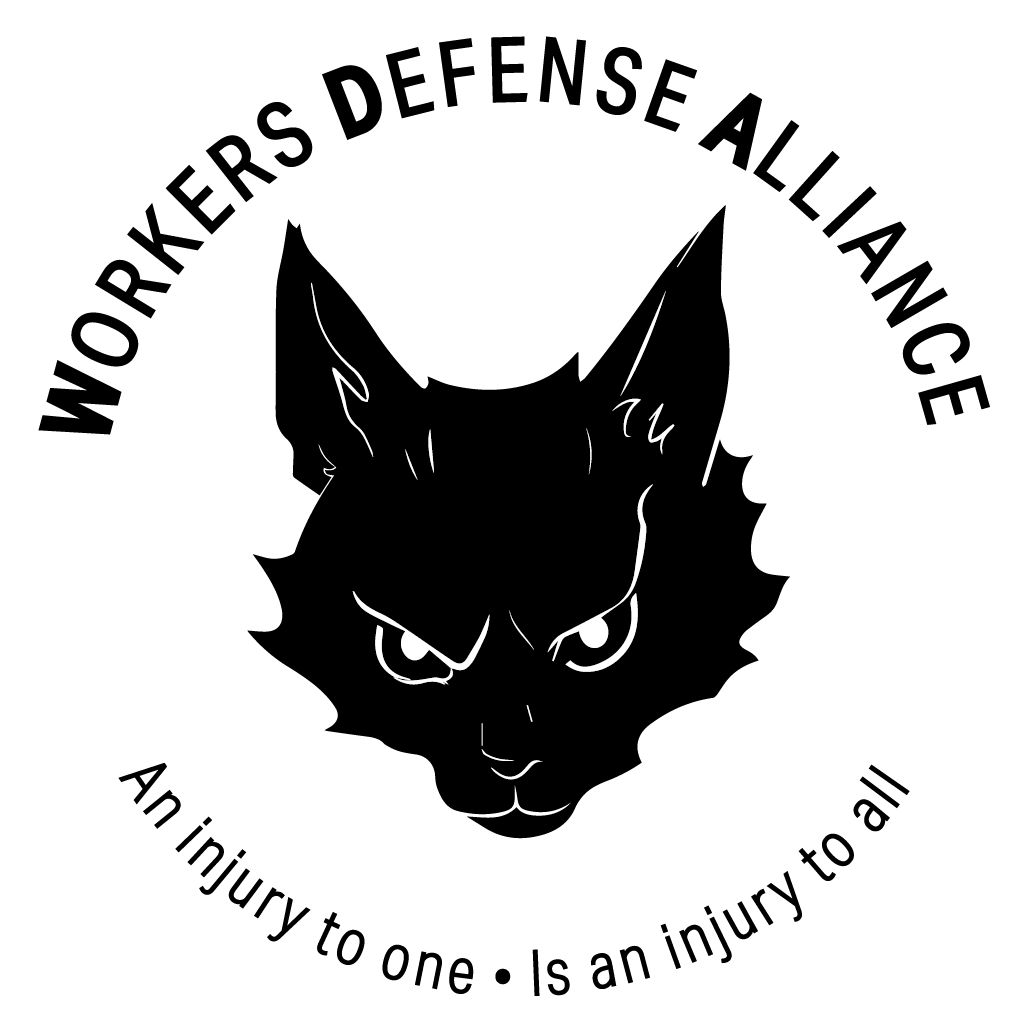
I'm seeing some commentary about militant actions that warns that the Nazis rose to power by citing the burning of the Reichstag, or even set the Reichstag on fire themselves- and so violence at protests is either being done by or unwillingly playing into the hands of fascists.
This is, frankly, horseshit.
The Nazi Party was already in power when the Reichstag Fire happened, and the biggest block in their rise to power had always been the militant antifascists- a fact which the Nazis themselves recognized, with Hitler admitting that if antifascists had smashed their movement from the beginning, it would have been the only way to stop them.
The party rose to power through a combination of gathering reactionaries around them by street fighting communists, and playing off of the sense of an aggrieved nation with their campaigning around the 1929 referendum to renounce the Versailles Treaty. The 1930 election, called after the Reichstag was disbanded for failing to pass an emergency anti-war-reparations plan that would have required further cuts to German wages and salaries, saw the Great Depression create an earthquake in the political landscape in Germany. Centrist parties lost ground while the middle and ruling class backed the Nazis (with unprecedented campaign spending) and more working class people backed the Communist Party. Neither the centrist parties, who feared the Communists more than the Nazis, nor the Communists, who were often more focused on competing against the Social Democrats (who had been key in crushing the German Revolution in the early 1920s) who they labeled as "social fascists", devoted their full energy to stopping the ride of fascism even as Brownshirt street violence escalated. The Communist Party rejected Social-Democrat offers for a united front against the fascists.
In 1932, a collection of German businessmen signed a document demanding that Hindenberg, the president, appoint Hitler to be chancellor in order to erect fascism as a barrier against the threat of workers' revolution. With majority control of the Reichstag and the position of Chancellor, Hitler was already seen as as having seized power, and his cops and the SA (later liquidated in the Night of the Long Knives) were already running amok suppressing the left.
When the Reichstag Fire happened in 1933, it was one more act of political violence in an era defined by that violence- albeit a more spectacular act. While allegations of it being a false flag have been around since the fire happened, most historians agree that Marinus van der Lubbe, a Dutch council communist, set the fire. Marinus had been organizing in communist circles for years but had broken with the Communist and Social Democratic parties, in part out of disgust at how the parties no longer defended their own meetings from the police raids by Hitler's police. His setting the fire was a sort of hail-mary act of spectacular symbolic violence intended to inspire the German workers to revolt against the Nazis who were already in power and suppressing them. It failed, and was used as a pretext for further repression. If Van der Lubbe had not set the fire, we can be certain the Nazis would have found another pretext soon enough- because that's the thing with pretexts. If you want to find one, you will.
Marinus van der Lubbe did not cause Hitler to rise to power. The German industrial ruling class, military, and a base of reactionary middle class nationalists did that, and the left failed to mobilize in a united and decisive way to stop them. It was not the handful who militantly resisted fascism who are to blame; it is the great many more who found excuses not to.
